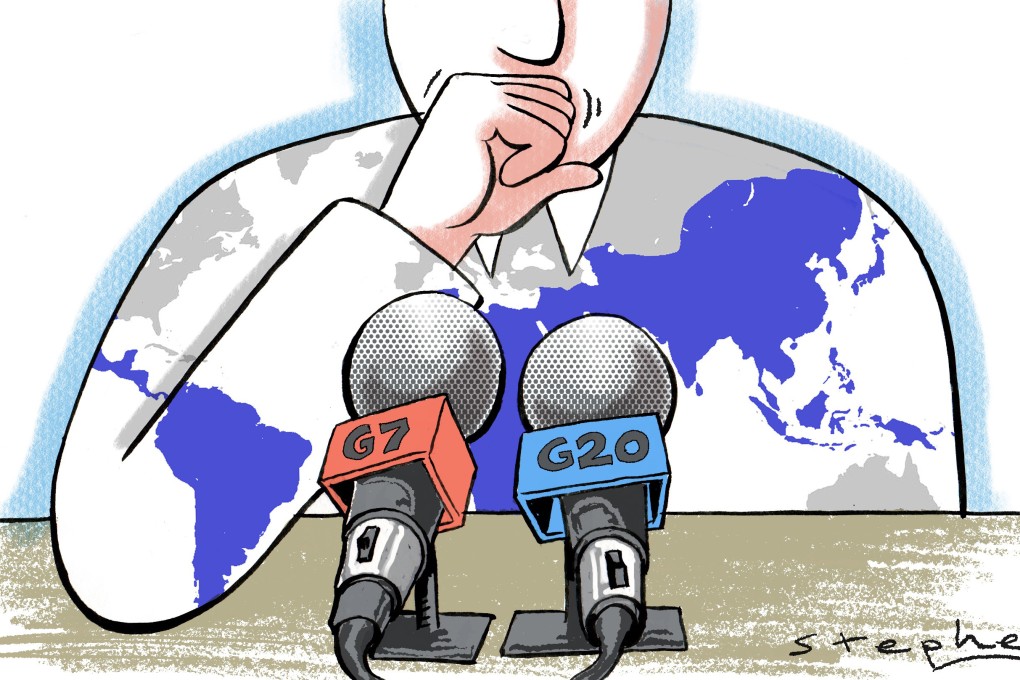Opinion | G7 and G20, with Japan and India at the helm, must ensure Global South has a voice at the table
- The twin presidencies of Japan and India are a chance to foster North-South cooperation in vital areas such as climate change, energy, food and infrastructure
- A joint Kishida-Modi diplomatic effort could see both leaders brokering peace in Moscow and Kyiv

Under India’s presidency, three prioritised G20 agendas are terrorism, pandemics and climate change. Similarly, Japan’s G7 presidency emphasises economic recovery, climate change mitigation, public health and nuclear non-proliferation. Their presidencies provide an opportunity to foster North-South cooperation led by Asia.
In contrast, for least-developed countries, a 7 per cent growth target was unreachable for most, even before the pandemic. The economic and social advantages of artificial intelligence, technological infrastructure, a clean energy transition and food security are still largely restricted to the Global North.
For most resource-constrained nations, implementing cutting-edge technology, ensuring food security and achieving a just energy transition are a prohibitive expense, never mind long-term operation and maintenance. The developing Global South has also been disproportionately affected by the pandemic and war in Ukraine.

